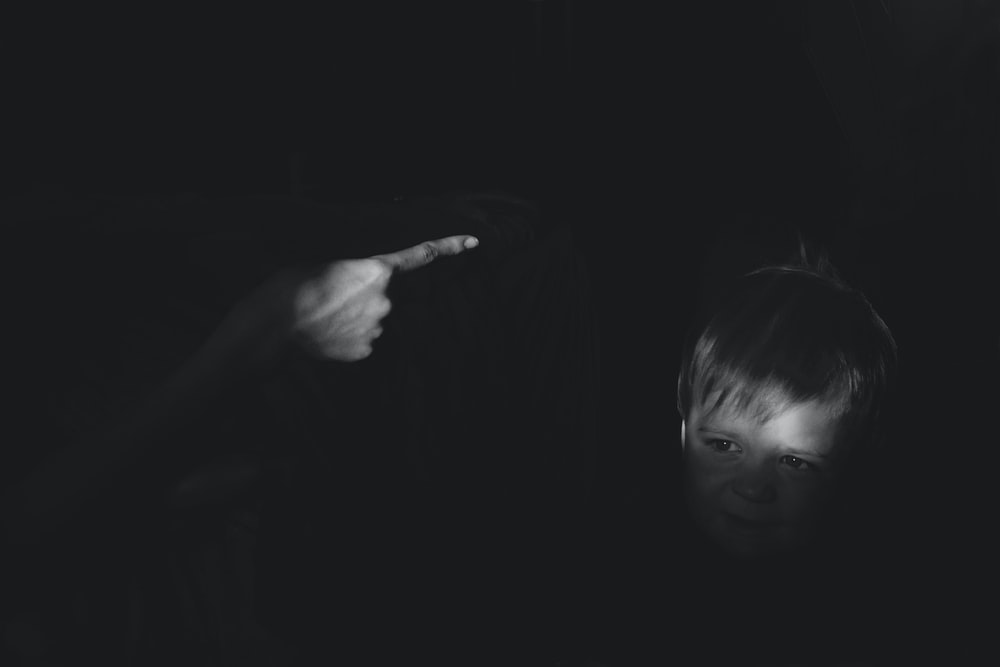
The Long-Lasting Effects of Child Abuse
According to child protection agencies here in the US, more than 4 million cases of child abuse are reported each year. These referrals sometimes include multiple children as well.
But not all of these kids make it through. According to reports by the American SPCC, five children die every day from child abuse and neglect.
But what about the ones who survive their childhood despite the abuse?
Well, in some cases, children are able to receive immediate help, and their memories of abuse may slowly fade away. But in many cases, victims of child abuse suffer in silence, sometimes for years, until they’re all grown up. The abuse shapes their personality and has several long-term effects on the victim, those around them, and even society.
Brain Development Is Altered
A child’s brain starts developing when they’re only a fetus, and it continues developing until they’re 25. But it develops the most doing the period from their birth to when they turn 5 years old.
Abuse during these early years can cause a lot of stress consistently. And this stress reaches toxic levels at a point. These toxic stress levels can alter brain development— the survival mechanism, also known as the flight-or-fight response mechanism, becomes overdeveloped. At the same time, parts of the brain are completed stunted, including those that control cognitive thinking, emotion, and reasoning abilities.
The toxic stress and the brain development that follows result in behavioral problems and a brain that seeks relief in things like drugs, food, and sex.
The Could Be A Cycle of Abuse
While many people who experience abuse as children don’t abuse their own children, research shows that they are definitely more likely to do so.
This could be due to the impact on their cognitive thinking. But it could also be because they see abuse—particularly physical abuse or maltreatment as the only way to parent. After all, it was all that they experienced.
This is one of the primary long-term concerns of child abuse. The trauma tends to be passed on through generations after generations.
Long-Term Behavioral Consequences
Research also shows that abuse and neglect during childhood can have several long-lasting—sometimes even life-long—effects on the victim’s behavior.
As they grow up into adolescents and adults, child abuse victims often exhibit behavioral patterns that are harmful to themselves, their loved ones, and even society.
These behavioral consequences can be anything from unhealthy sexual practices to juvenile delinquency (that develops into adult criminality all too often) and alcohol or drug abuse.
The fact is that no matter how young, the memories of something as significant as child abuse often settle in the recesses of the victim’s mind, reaching out and affecting their thoughts when they’re at their darkest and lowest points throughout their life.
If you want to learn more about how child abuse can impact someone’s life, we suggest you read Luis Trivino’s inspiring story in A Notebook of Love. He was a child abuse victim who also struggled with alcohol addiction and other mental health problems throughout his life.
His story is an incredible insight into the dark and long-lasting effects of child abuse.
